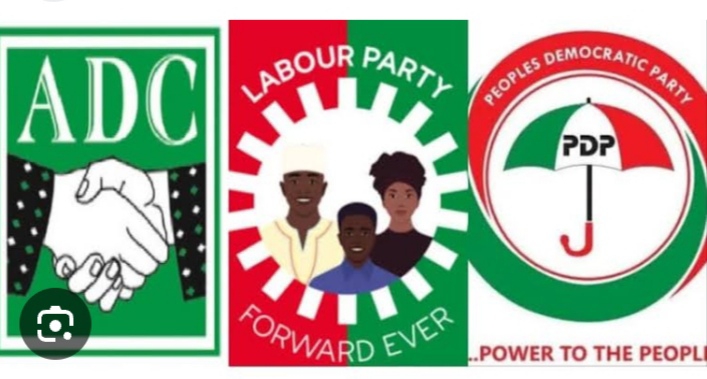By Victor Nwegede
The recent verbal sparring between the Peoples Democratic Party (PDP) and the Labour Party (LP) in Ebonyi State has done more than just stir political tension — it has illuminated the deeper fractures threatening any hopes of a united opposition ahead of the future elections.
At the centre of the clash is an accusation by LP leaders, Comrade Splendour Oko Eze and Dr. Ezeh Emmanuel Ezeh, both prominent figures in the Obidient Movement, who accused the PDP of attempting to hijack a proposed opposition coalition structure in the state.
According to the LP, the PDP’s internal divisions and what they termed “acrimonious politics” make the party unfit to lead or anchor any credible coalition.
In response, the PDP issued a scathing rebuttal through its Publicity Secretary, Richard Nwafor, who dismissed LP as a “non-existent party” in Ebonyi.
He described the Obidient Movement's signatories as “faceless individuals without political relevance,” and blamed LP’s disintegration on its embattled national chairman, Julius Abure.
This political skirmish, while on the surface a typical war of words between rival parties, has pointed to a larger and more consequential issue: the lack of trust, cohesion, and strategic alignment among opposition parties in Ebonyi.
Analysts argued that unless these parties can find common purpose, any attempt to challenge the ruling party in the state — or at the national level could end up being futile.
“The opposition in Ebonyi is suffering from fragmentation and ego politics,” said political analyst Ifeanyi Nworie.
“Rather than building synergy, they’re tearing down whatever little foundation could have been the basis for a formidable front," he hinted.
The situation also raised questions about the Obidient Movement’s political future and structure, especially in states like Ebonyi where the Labour Party lacks a deep-rooted political presence.
For the PDP, the need to defend its dominance in the opposition space may be prompting more aggressive posturing, potentially at the cost of long-term alliances.
As political realignments continue nationwide, what is playing out in Ebonyi could be a microcosm of a larger national challenge whether Nigeria’s opposition can overcome internal rivalry to offer a credible alternative in 2027 and beyond.
For now, unity remains elusive, and the ruling All Progressives Congress, APC stands to benefit from a fractured opposition unable to rise above personal attacks and turf wars.













